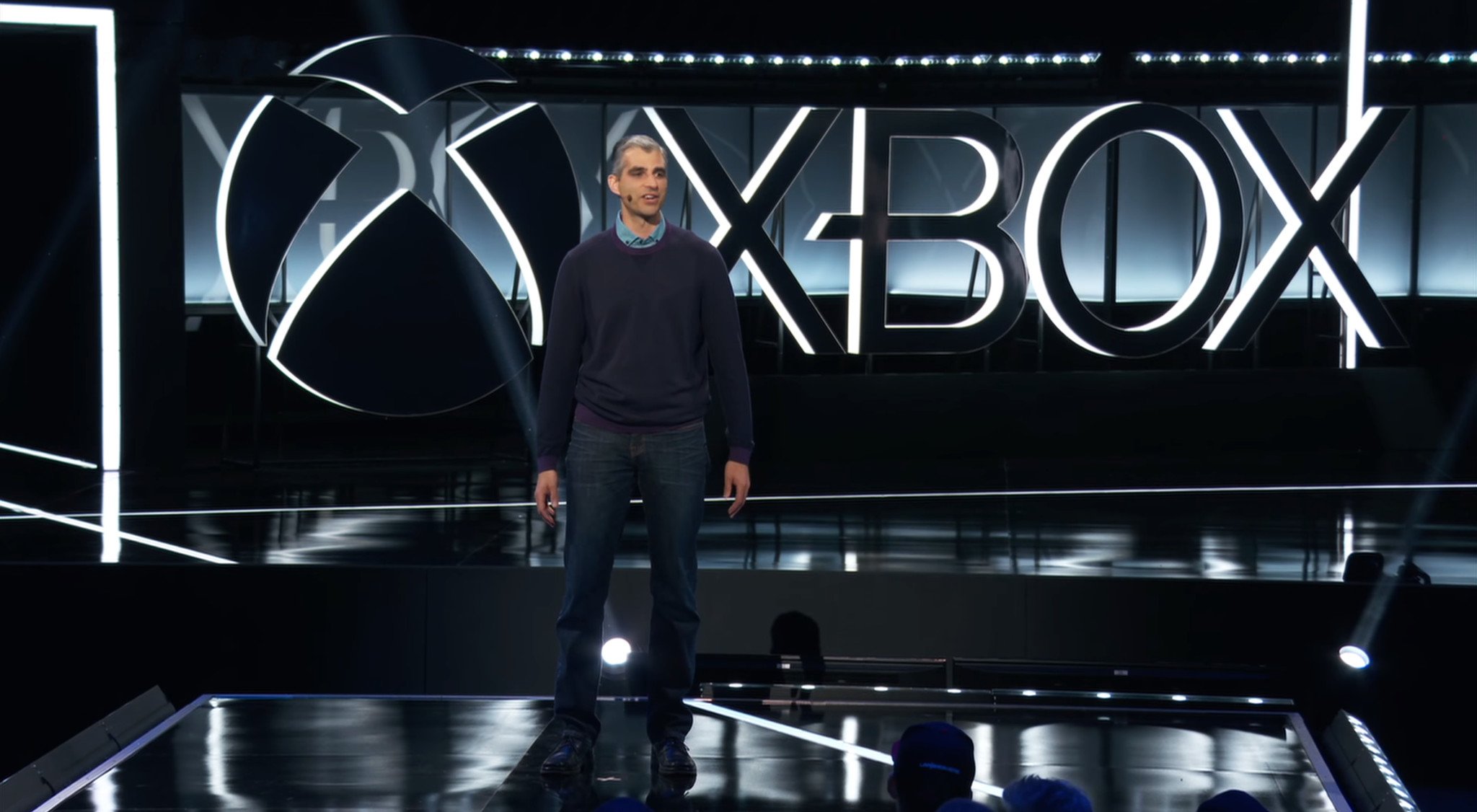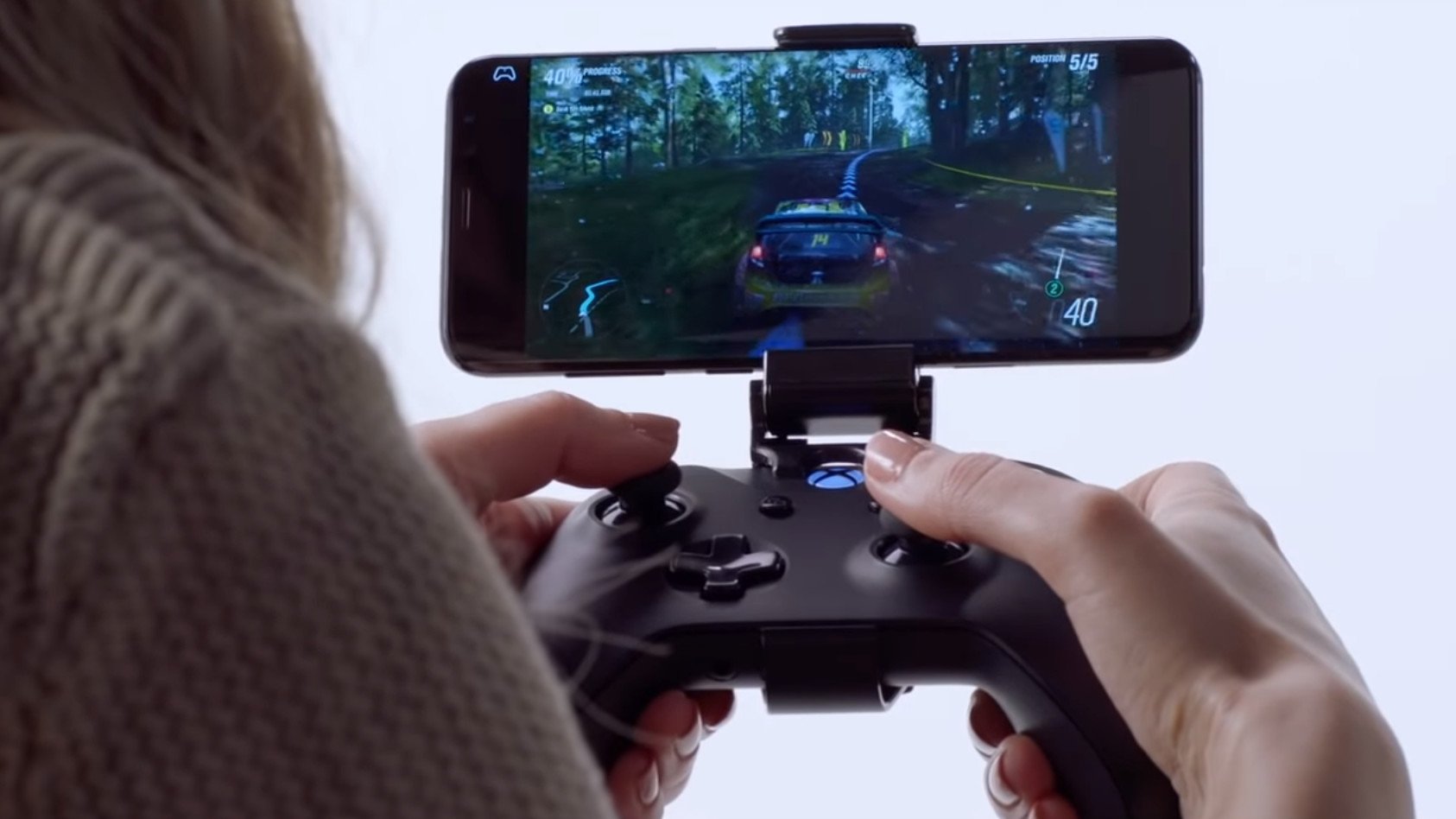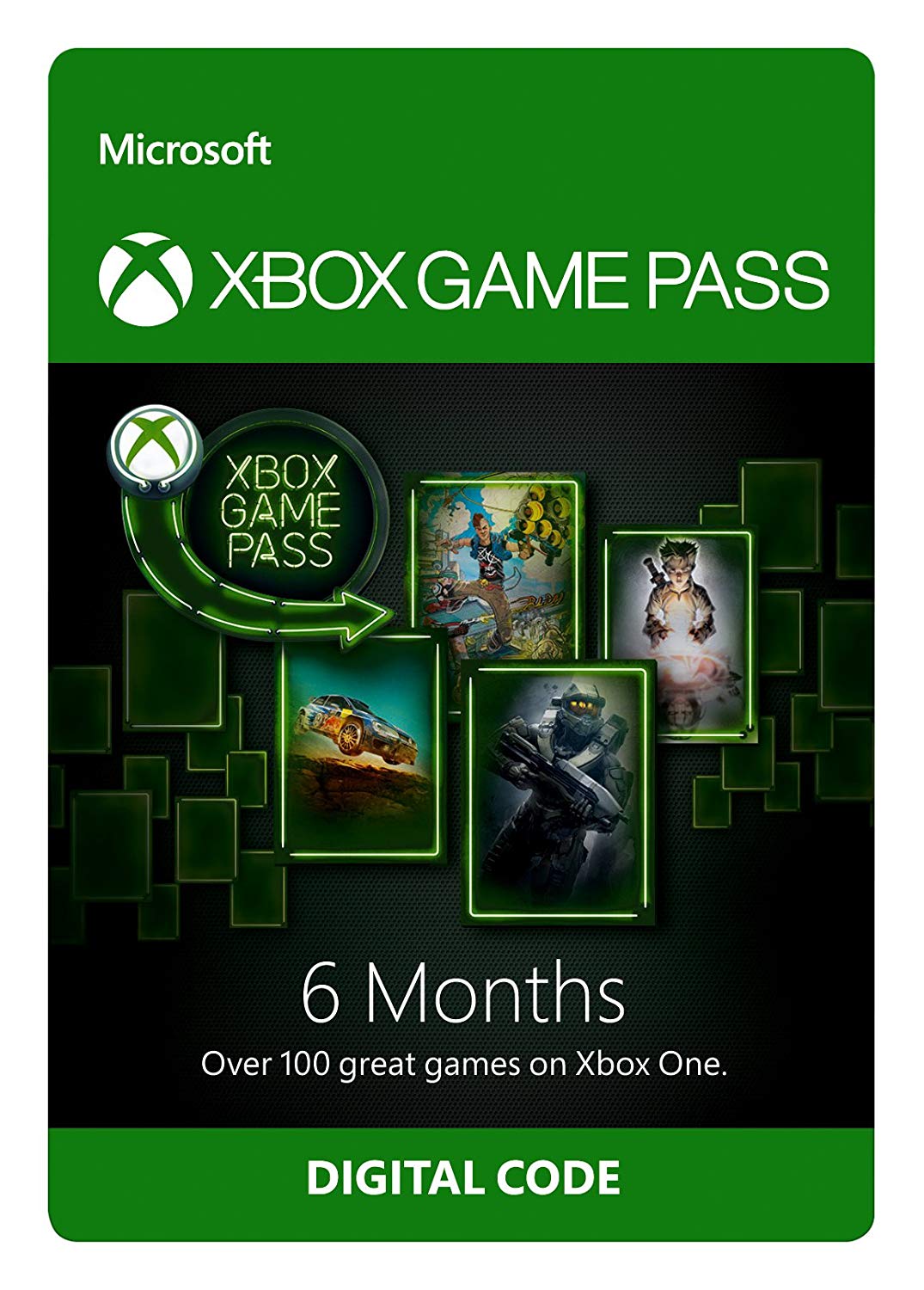Microsoft staffers working on Xbox Project xCloud game streaming
We took a deeper dive into to brains behind Project xCloud game streaming development.


Microsoft is working on a new Xbox game streaming service, backed by the power of its cloud technologies. This Netflix-style service aims to expand the horizons of the Xbox family, bridging flagship console gaming and mobile phones. We took a deeper dive into Microsoft's mysterious xCloud plans and those working on the project.
Understanding Project xCloud
Project xCloud is Microsoft's first venture into games streaming, mobilizing its Xbox One library via remote, cloud-hosted gameplay. While a duo of next-generation Xbox devices codenamed Anaconda and Lockhart appear in the works, xCloud extends full-fledged "console-quality" titles beyond the living room. Microsoft remains tight on details during development, though plans to host public trials sometime in 2019.
The ambitions of xCloud come as little surprise, with reports of internal testing dating back to 2013. Between cloud and gaming empires, shifting efforts to game streaming is only a natural fusion of Microsoft's strengths. Work is not only underway on scaling this future-facing platform, but also extensive tools for third-party developers. While traditional Xbox consoles are here to stay, xCloud is the next pioneering bet for a more ubiquitous, device-agnostic ecosystem.
Who is working on Project xCloud?
Project xCloud is a substantial undertaking and positioned as a critical pillar of future Xbox plans. It's Microsoft's first real opportunity to extend its ecosystem to a broader pool of gamers, and with rivals fast-accumulating, it's crucial xCloud is right from the start. Mobilizing an existing library, it must retain console philosophies while adapting to mobile norms.
With high stakes for Project xCloud, Microsoft is rapidly hiring and shifting its top in-house talent over to the service. Head of gaming cloud Kareem Choudhry leads the charge, overseeing an all-new gaming division focused on embracing existing cloud successes. The team features key masterminds of Xbox history, previously driving Xbox backward compatibility, Xbox video streaming, and more.
While ongoing work remains cryptic in Project xCloud's early days, we took a deeper dive into the talent leading the venture. While far from a comprehensive list, it provides a peek into the expertise of those publicly known leading the project, and what they bring to the platform. As an ever-evolving roundup, don't hesitate to drop any key figures my way.
Kareem Choudhry — Corporate Vice President, Gaming Cloud
Heading Microsoft's newly-formed gaming cloud division, Kareem Choudhry is a kingpin of game streaming efforts. At the helm of future-facing Xbox endeavors, Choudhry oversees its cloud portfolio beyond the home console. Alongside ongoing Project xCloud goals, the focus lies on scaling the Azure PlayFab suite for developers.
Get the Windows Central Newsletter
All the latest news, reviews, and guides for Windows and Xbox diehards.
With over two decades at Redmond, Choudhry has spanned Outlook and Windows DirectX, before settling with Xbox. Although formerly head of Kinect development, he moved forward to supervise Xbox software engineering once production of the peripheral wound down. Upon securing a VP role, Choudhry stepped up to fuse Microsoft's cloud and gaming empires through an all-new division. Well-accustomed with the Xbox platform, he's a driving force behind Project xCloud in 2019.
Kevin LaChapelle — General Manager, Project xCloud
Moving onto Project xCloud with a vibrant past, Kevin LaChapelle is another long-standing Microsoft veteran. Jumping onboard with Microsoft in 1989, he aided in the founding years of Windows, later shipping the first iteration of Movie Maker, and pivoting to Expression Encoder and Microsoft Silverlight.
Since onboarding with Xbox, LaChapelle led Xbox 360 video technologies and Microsoft's praised backward compatibility efforts. His role as general manager on Project xCloud parallels with past video streaming and encoding work, essential to the platform's success. With quality and latency core pillars of game streaming, LaChapelle is a fitting piece of the xCloud puzzle.
Bill Stillwell — Director of Product Planning, Project xCloud
From Windows PCs, Windows Phones, to all corners of Xbox, Project xCloud's director of product planning has a seasoned history with Microsoft's consumer lineup. After two decades at Microsoft, Bill Stillwell has moved away from the Xbox platform and backward compatibility teams onto coordinating Project xCloud. From concept to final service, Stillwell has previously discussed the challenges and solutions behind the xCloud vision.
Brandon Riffe — Principal Program Manager Lead, Project xCloud
Among the hosts of xCloud's Games Developer Conference (GDC) 2019 presence, Brandon Riffe joined the project as principal program manager lead. Despite nearly a decade at Microsoft under his belt, Riffe comes fresh off three years at id Software as a senior producer on free-to-play shooter, Quake Champions. Beforehand, Riffe spent years on the LaChapelle-led Expression encoding team, alongside work on Xbox video streaming, apps, and marketplace. He now helps lead the xCloud efforts, recently discussing the Touch Adaption Kit for mobile devices.
Laying the foundations
It's still early days for Xbox Project xCloud and innumerable unanswered questions lay in the months ahead. However, game streaming is more advanced than ever, and 2019 could be a massive break for Microsoft's cloud ambitions. Let us know your thoughts on the current state of Project xCloud in the comments.
Matt Brown was formerly a Windows Central's Senior Editor, Xbox & PC, at Future. Following over seven years of professional consumer technology and gaming coverage, he’s focused on the world of Microsoft's gaming efforts. You can follow him on Twitter @mattjbrown.


